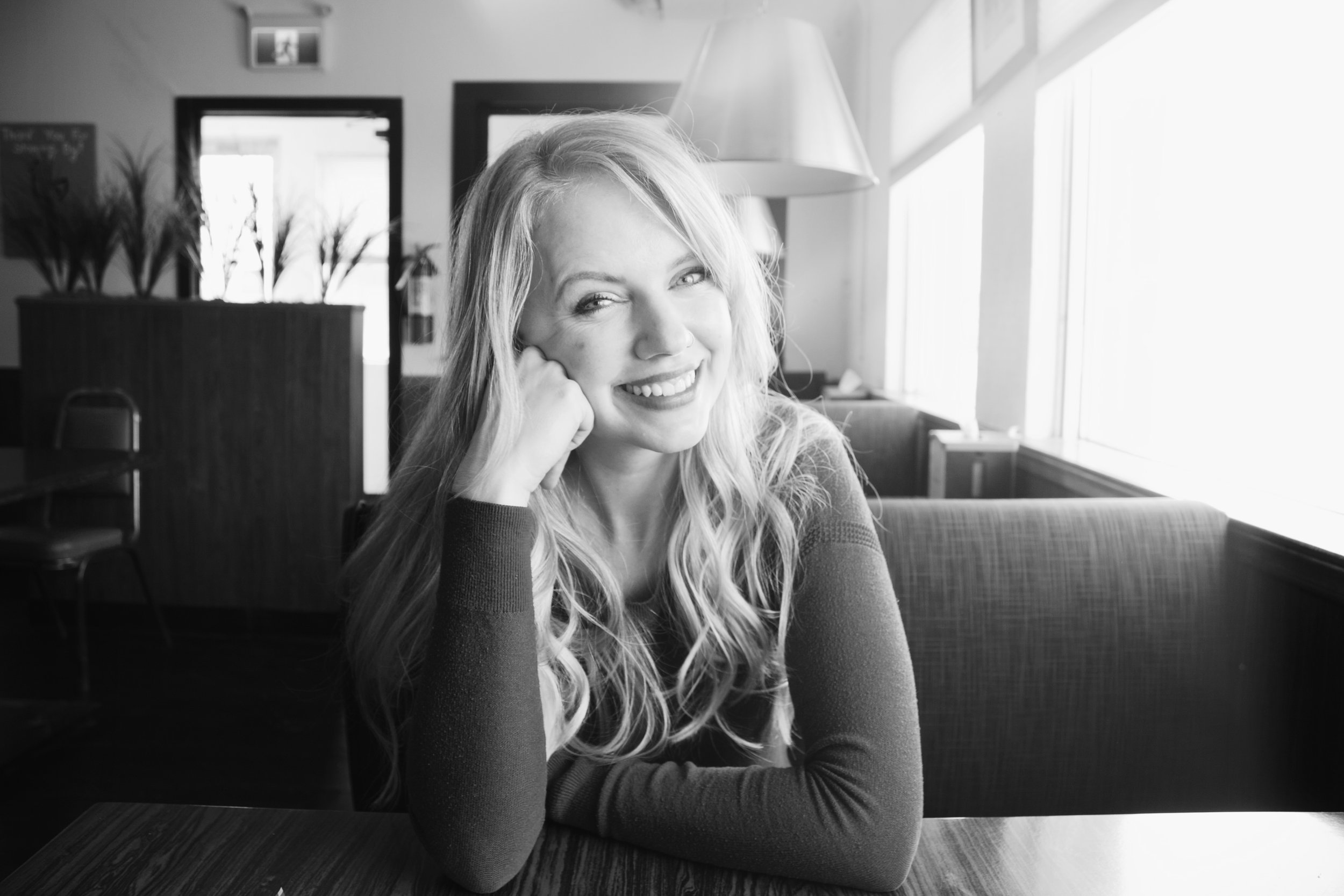OCTOBER
1
Having your heart broken is like finding out you have bedbugs—not in an emotional sense, but practically. Both broken hearts and bedbugs require extreme treatment. You can’t just wash your sheets and think that’s enough. Not only is it not enough, you’ve likely made the problem worse by carting your dirty laundry all over the place.
You can get your house fumigated (this could be a metaphor for therapy), but even that won’t be enough, because the memories will be as bad as the bugs themselves. They’ll continue to plague you whether they’re there or not, crawling all over your legs and feet as you lie awake at night, unable to sleep. When you put on that T-shirt, you’ll feel them running up your neck into your hair. They’ll make their home in all the quiet, innocuous places in your life, burrowing into memories and holidays and songs and smells, and every time you think you’ve gotten rid of the last one, you’ll discover that you were an idiot to think there would ever be a last one.
That’s not how bedbugs work, and it’s not how broken hearts work.
No, a broken heart requires more than a trip to the dumpster or a visit from a licensed exterminator. You have to get rid of the mattress, the rug, the other furniture, the pillows, the clothing in the closet. The closet.
The house.
Replace it all. New Everything.
Nora doesn’t know that starting over like this is a privilege reserved almost exclusively for the young. She doesn’t know that metaphorical fumigation is often the only option when you’re, say, forty, and you have a job and a mortgage and responsibilities and friends and New Everything is just a lot of work, a lot of money you don’t have. She doesn’t think about it because she doesn’t have to; she simply does what young people do, what young people are uniquely able to do: in the face of her first real broken heart, she gets on an airplane and finds New Everything.
She finds a fifth-floor apartment on Greifswalder Strasse and a view of reddish-brown rooftops out the slanted ceiling window. Thin daisy curtains and unframed band posters and fake chrysanthemums in a dollar store vase by the sink. Two roommates, one from the States and one from Germany.
She finds a new language and a new currency. Air that feels and smells new and people who interact with each other in a new way and new things to look at (mostly buildings, all of them ironically very old, with giant, brightly colored murals painted all over them).
She finds a new coffee shop, named Begonia, on a street with a long, hyphenated name she doesn’t know how to pronounce yet. It’s a modern place, lots of tile and wood, a neon-
pink sign behind the counter spelling out its name in sharp calligraphy. You can buy indie electronica albums with your freshly squeezed orange juice, and you can sit by the window and watch all the fascinating strangers walk by on the sidewalk outside.
Everything here feels like it is trying specifically, pointedly, to be the opposite of where she grew up—a rural Saskatchewan village full of quiet, blond Norwegian Canadians; no lights, neon or traffic; no indie electronica albums. No sidewalks, even.
She appreciates the effort Berlin has made to help her feel emphatically not at home. Maybe her brain can be persuaded that this is not just a new beginning, but that it is the beginning. Nora’s beginning. That nothing has ever happened to her before, that she came into existence in Berlin at nineteen years old, has never been in love, has never been hurt.
Maybe an alternative to what feels impossible—healing a broken heart—could be to convince it that it had never been broken to begin with, that it, the heart itself, is new.
—from I Think We’ve Been Here Before by Suzy Krause. Published by Radiant Press. © 2024 by Suzy Krause. Used with permission of Radiant Press.
Bring home I Think We’ve Been Here Before by Suzy Krause, published by Radiant Press, September 24, 2024.
About I Think We’ve Been Here Before:
Marlen and Hilda Jorgensen’s family has received two significant pieces of news: one, Marlen has been diagnosed with a terminal illness. Two, a cosmic blast is set to render humanity extinct within a matter of months. It seems the coming Christmas on their Saskatchewan farm will be their last. Preparing for the inevitable, they navigate the time they have left together. Marlen and Hilda have channeled their energy into improbably prophetic works of art. Hilda’s elderly father receives a longed-for visitor from his past, her sister refuses to believe the world is ending, and her teenaged nephew is missing. All the while, her daughter struggles to find her way home from Berlin with the help of an oddly familiar stranger. For everyone, there’s an unsettling feeling that this unprecedented reality is something they remember.
Author Suzy Krause.
About Suzy Krause:
Suzy Krause is the bestselling author of Sorry I Missed You and Valencia and Valentine. She grew up on a little farm in rural Saskatchewan and now lives in Regina, where she writes novels inspired by crappy jobs, creepy houses, personal metaphorical apocalypses, and favorite songs. Her work has been translated into Russian and Estonian.



